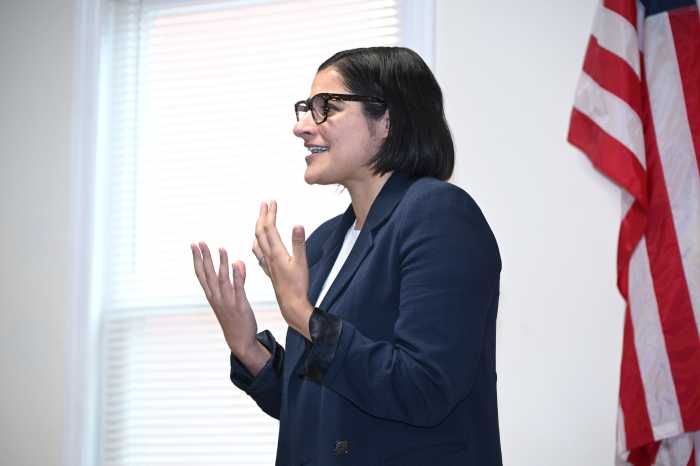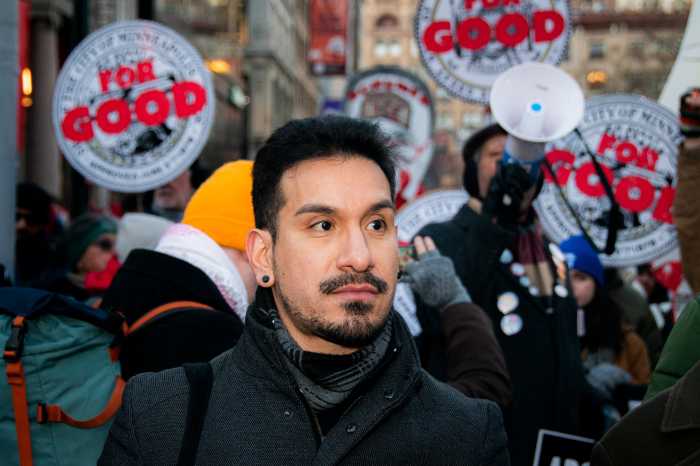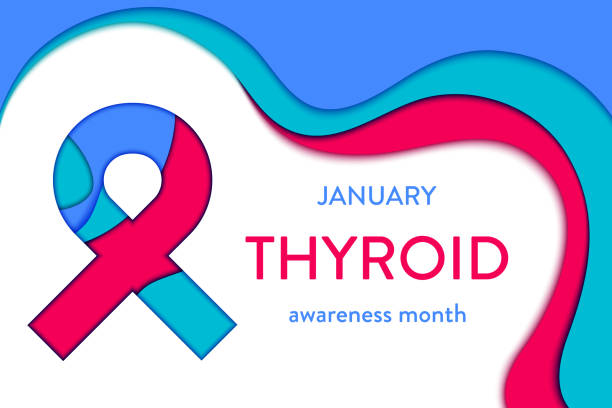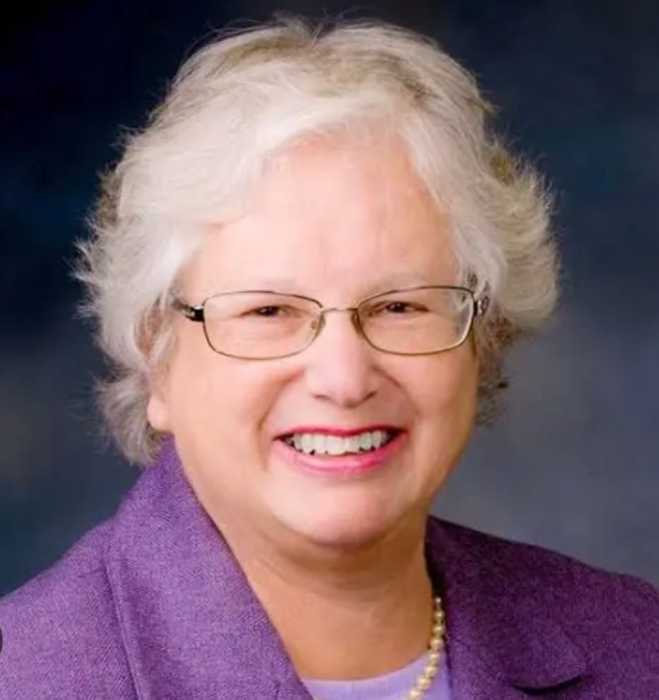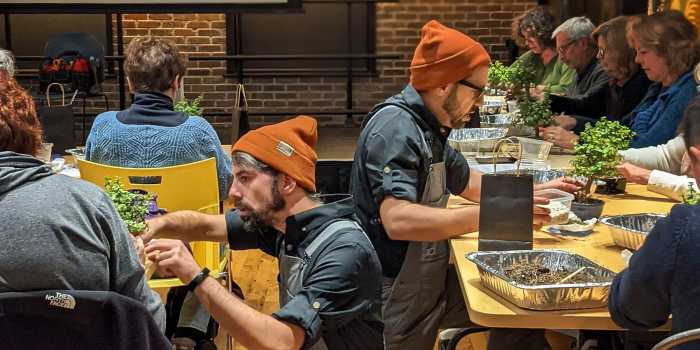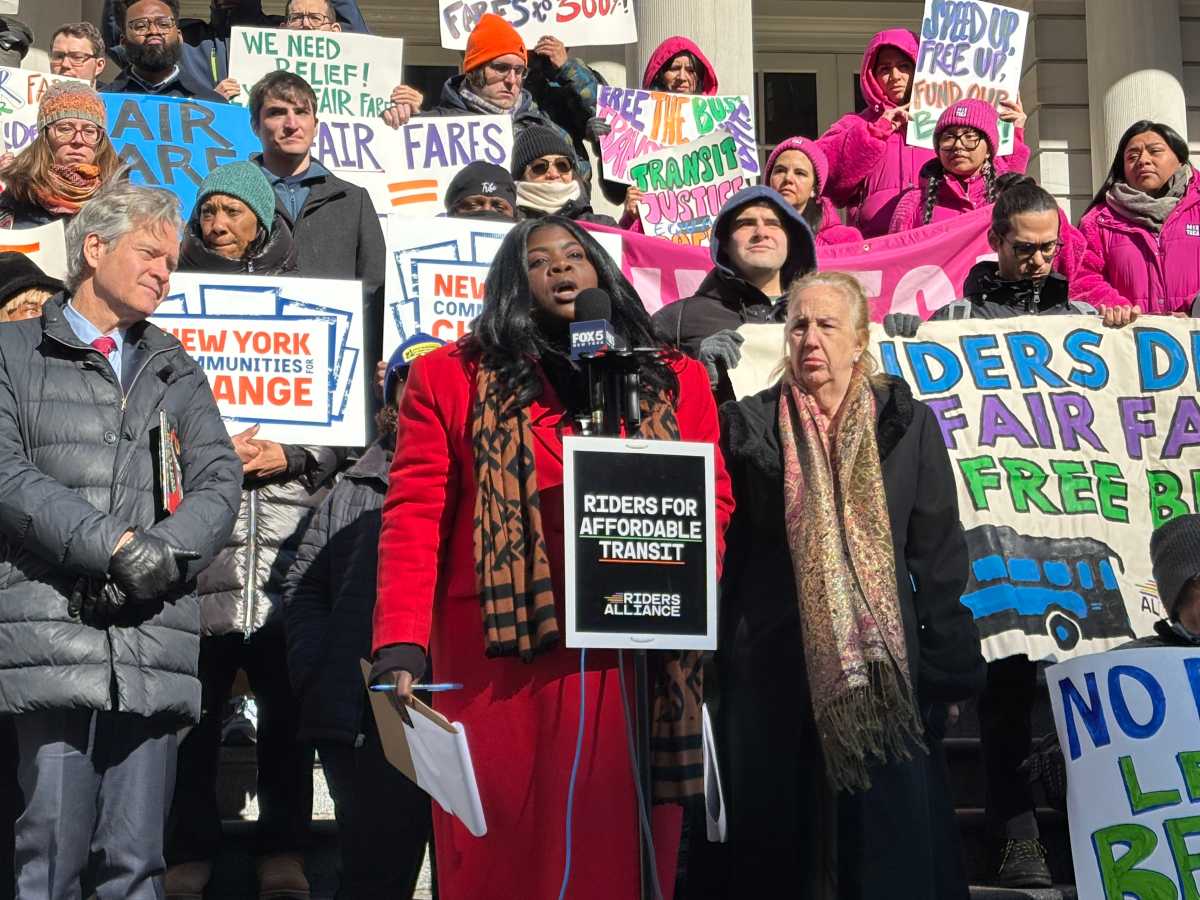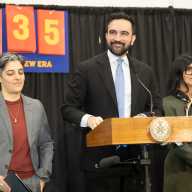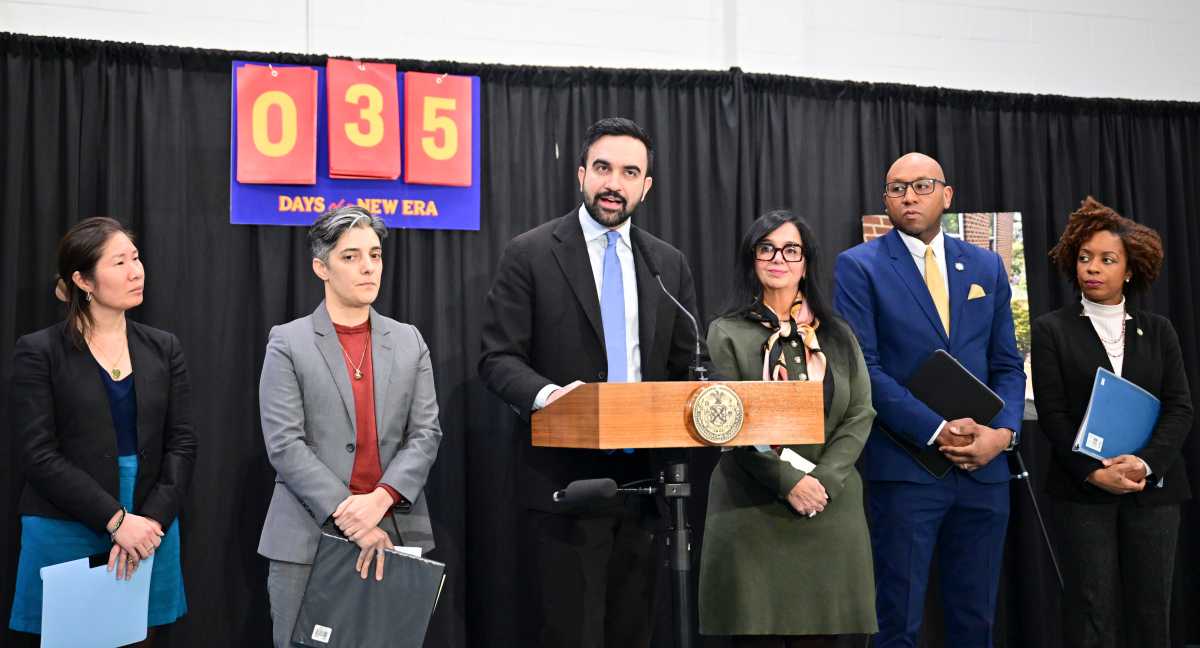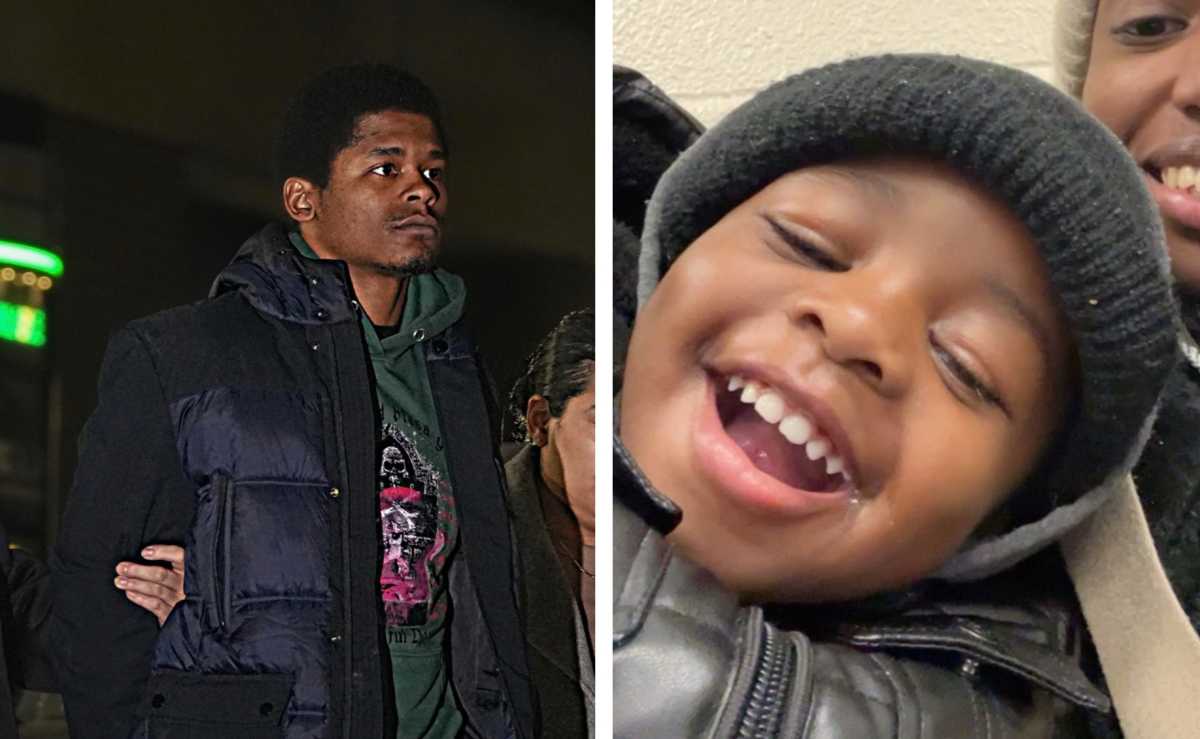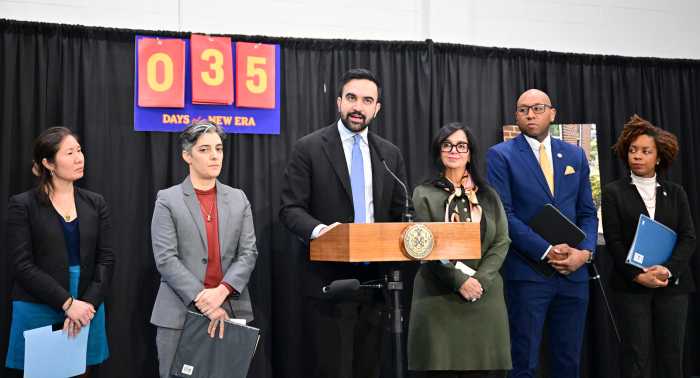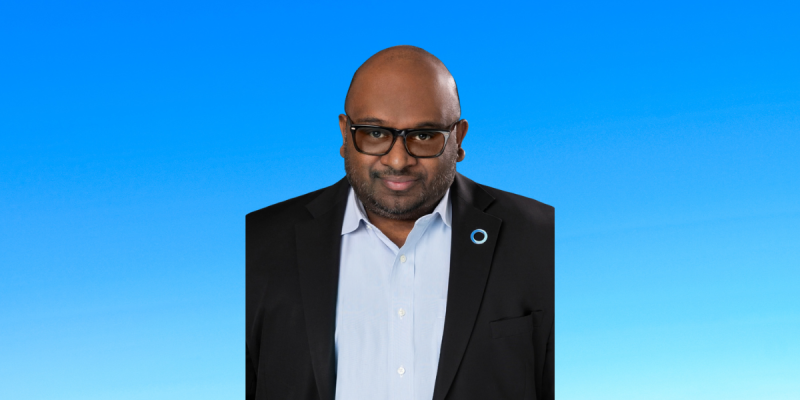By Prem Calvin Prashad
The City Council took action last week, passing a bill that called for the creation of an Office of Civil Justice, as outlined in Speaker Melissa Mark-Viverito’s State of the City Address earlier this year. This office, modeled after the existing Office of Criminal Justice, unifies efforts by the administration to assist New Yorkers to connect with legal representation in some civil court matters.
The bill’s lead sponsor, Council member Mark Levine (D-Morningside Heights) notes that the creation of the OCJ would have the biggest impact in housing courts. Skyrocketing property values across the city have incentivized property owners and management companies to raise rents and threaten the eviction of existing tenants, a struggle that often finds its way to the courtroom.
Last month, the inherent inequity in the civil court system was laid bare when scathing news reports exposed widespread mistreatment and exploitation in the nail salon industry. Workers in other industries, including restaurant workers and retail employees, are reticent to sue over labor law violations due to the high cost of taking legal action. Immigrants in low-wage sectors tend to be the most vulnerable to exploitation, due to a lack of knowledge about the legal system and the lack of means to afford representation in court.
A civil justice coordinator, a position appointed by and accountable to the mayor’s office, would head the Office of Civil Justice. Despite being dubbed “the people’s law firm” by the speaker in her address, the office does not create a right to legal counsel or provide legal services, but instead connects indigent clients to pro bono and legal aid that may assist them with deportation defense or housing court proceedings. The office would liaise with such groups to identify potential issues and barriers to legal representation faced by indigent clients.
In hearings, Human Resources Administration Commissioner Steven Banks suggested the newly created office be placed by the mayor under the purview of his agency. Commissioner Banks served thirty-three years with the Legal Aid Society prior to joining the administration.
The bill, Intro. 736, sailed through the City Council with bipartisan support, by a vote of 49-0, with two members absent. The Committee on Courts and Legal Services, chaired by Council Member Rory Lancman (D-Kew Gardens) moved the legislation to a vote after holding hearings and meetings that focused on indigent defense, veterans and behavioral health. Also listed as co-sponsors on the bill were Queens Councilmembers Daniel Dromm (D-Elmhurst) and Jimmy Van Bramer (D-Sunnyside).
Unlike the right to an attorney in criminal proceedings, Intro. 736 does not create this obligation on the government, although New York City does allocate a portion of the executive budget for indigent legal representation. As described in Intro. 736, The Office of Civil Justice would act as a facilitator and educator for those that might be seeking legal assistance. As such, the cost is expected to be minimal.
Intro. 736 also contains provisions for the office to collect data on legal services needed for matters including housing, medical debts/expenses, employment, immigration, public benefit and domestic/family matters. With this data, the bill tasks the Office of Civil Justice with identifying areas of the city underserved by existing legal aid services.
This is not the only action the Council plans to take on civil court representation. Last year, Council members Vanessa Gibson (D-Bronx) and Mark Levine put forward legislation to guarantee legal representation for tenants facing landlords in housing court, at a potential cost to the city of $100 million, according to budget office estimates. That bill remains stranded in committee.
Intro. 736 now moves to the mayor’s desk for signature. The speaker and committee are expected to move on other legislative and budgetary priorities, including reducing arrests for minor offenses and the creation of a citywide bail fund.

